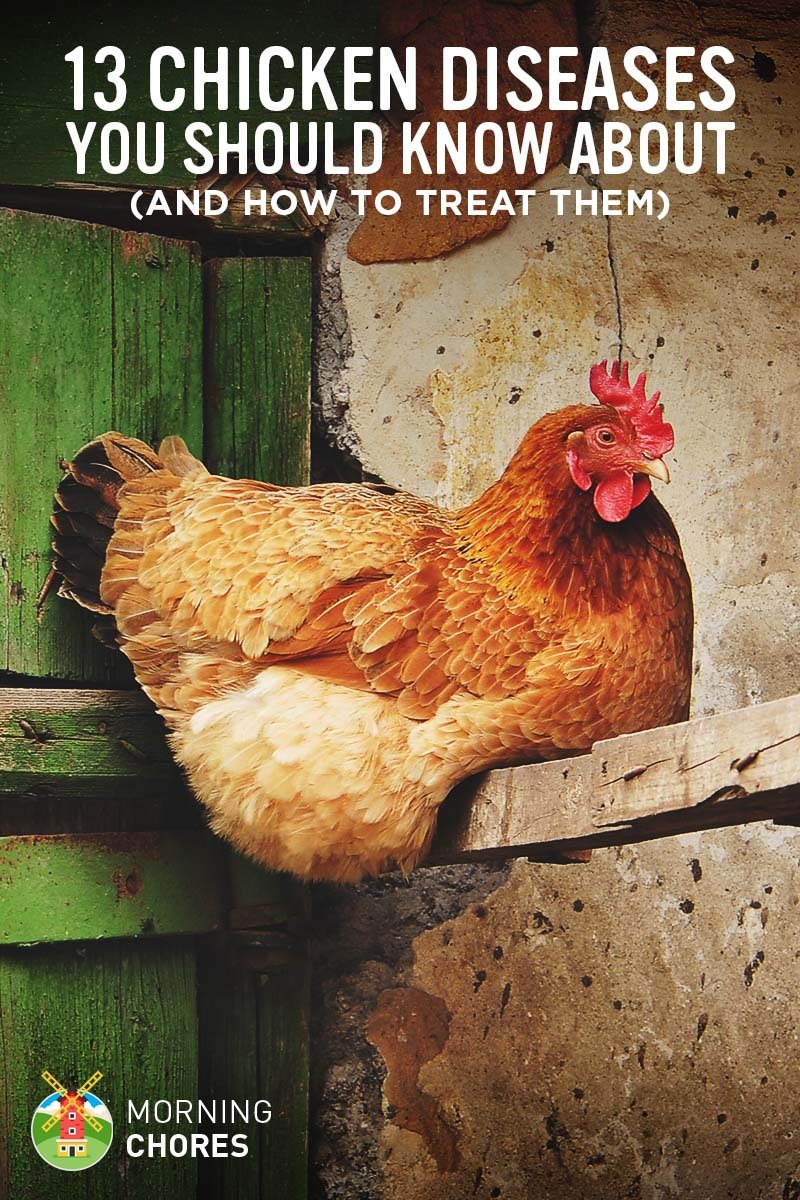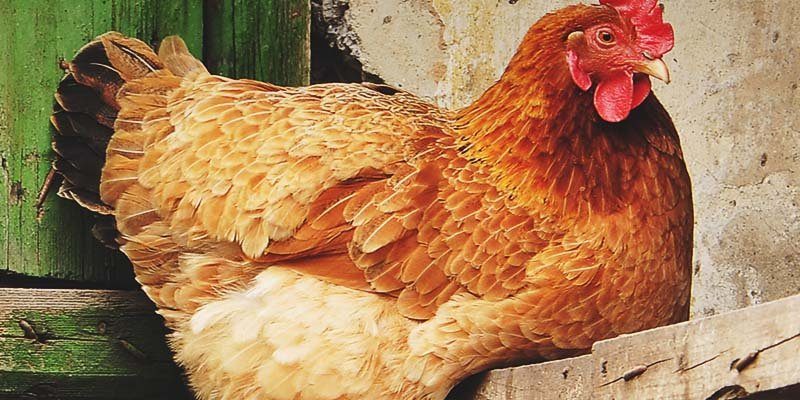
Imagine your chickens as your backyard buddies, fending off pests and laying fresh eggs. However, if they start to look a bit off or stop laying, it can feel a little worrying. Don’t stress! Just like you wouldn’t ignore a friend who seems a bit down, you need to pay attention to your chickens’ behaviors and health. In this article, we’ll walk through the common health issues chickens experience, and I’ll share some straightforward ways to treat them—think of it as a guide to being a chicken health detective!
Respiratory Issues in Chickens
Chickens are surprisingly susceptible to respiratory problems, thanks to their anatomy and living conditions. As a chicken owner, you might notice symptoms like coughing, sneezing, or a runny nose. These issues can arise from various causes including infections, environmental irritants, or even poor ventilation in their coop.
Here’s the thing: keeping a close eye on their living conditions is crucial. Chickens thrive in a clean, dry environment. Ensure their coop is well-ventilated to prevent the buildup of ammonia from droppings, which can irritate their respiratory systems. If you notice any of your birds displaying symptoms, isolate them to prevent spreading possible infections to the rest of the flock.
Treatment can vary depending on the cause. For mild symptoms, you might consider a natural remedy like oregano oil, known for its antimicrobial properties. If symptoms persist or worsen, consult a veterinarian. They may prescribe antibiotics or other medications to help your chickens recover.
Worms and Internal Parasitic Infestations
Just like humans can get pesky parasites, chickens are no strangers to worms and other internal parasites. These unwelcome guests can lead to weight loss, poor egg production, or even death in severe cases. Common types of worms include roundworms, tapeworms, and gapeworms, and they can be tricky to spot.
You might be wondering how these worms get into your chickens in the first place. They can be picked up from contaminated ground, feed, or even through contact with other infected birds. Regularly inspecting your chickens’ droppings can help you catch any issues early on.
If you suspect your chickens have worms, a deworming treatment is essential. There are various products available, ranging from natural remedies to commercial medications. Always follow the dosage instructions carefully. For ongoing prevention, consider rotating your chicken’s grazing areas and maintaining a clean coop.
Feather Loss and Molting
Feather loss can be another common issue in chickens, often leading to alarm for their owners. Molting, which is a natural process, typically occurs once a year when chickens lose old feathers to make way for new ones. However, feather loss can also indicate stress, nutritional deficiencies, or diseases like feather pecking among flock members.
During molting, chickens may appear ragged and will often stop laying eggs for a while. It’s like taking a sabbatical to get a fabulous new look! To support your flock during this time, provide extra protein in their diet, such as mealworms or special flock feed designed for molting birds.
If feather loss seems excessive or sudden, it could be a sign of stress. Ensure they have plenty of space to roam, adequate resources, and a calm environment. Sometimes, introducing new flock members can cause bullying, so keep an eye on interactions.
Diarrhea and Digestive Issues
Chickens can experience digestive issues, leading to diarrhea, which can be alarming. The causes can range from dietary changes to infections. Diet plays a significant role in maintaining healthy digestive systems, so it’s important to provide a balanced and varied diet.
If you notice runny droppings, take a moment to assess their feed. Have you switched brands? Added new treats? Certain grains or foods like spoiled vegetables can upset their stomachs. Also, check for other symptoms like lethargy or abnormal discharge, as these could indicate infections or parasites.
Treating diarrhea often involves removing any bad feed and providing them with plenty of fresh water. You can also consider adding probiotics to their diet to help restore gut health. If diarrhea persists for more than a day or two, consulting with a vet is a wise step.
Egg-Laying Problems
Healthy chickens typically lay eggs regularly, but various factors can disrupt this cycle. Age, breed, health, and even environmental stressors can all affect egg production. For instance, if your hens are getting older, they naturally lay fewer eggs as they age—think of it like retirement for chickens.
Sometimes, stressors like changes in lighting, a new coop, or even predators nearby can also cause hens to stop laying. It’s essential to create a calm and stable environment. Ensure your hens have consistent access to light, food, and water.
For hens that are not laying at all, check for other symptoms. Are they healthy in other aspects? A vet can help rule out medical conditions if needed. If everything checks out, patience might just be the name of the game—sometimes hens just need a little time to adjust.
Caring for chickens can feel like a unique blend of joy and responsibility. By knowing the common chicken health problems and how to treat them, you’re already on the right path. Remember, regular checks on your flock’s behavior, diet, and environment can help catch issues before they become serious.
Consider your chickens as part of your family, giving them the love and care they deserve. Whether it’s providing a clean living space, maintaining a balanced diet, or seeking treatment when things go awry, your attention and action can help keep your chickens thriving and happy. After all, a healthy chicken is a happy chicken!

